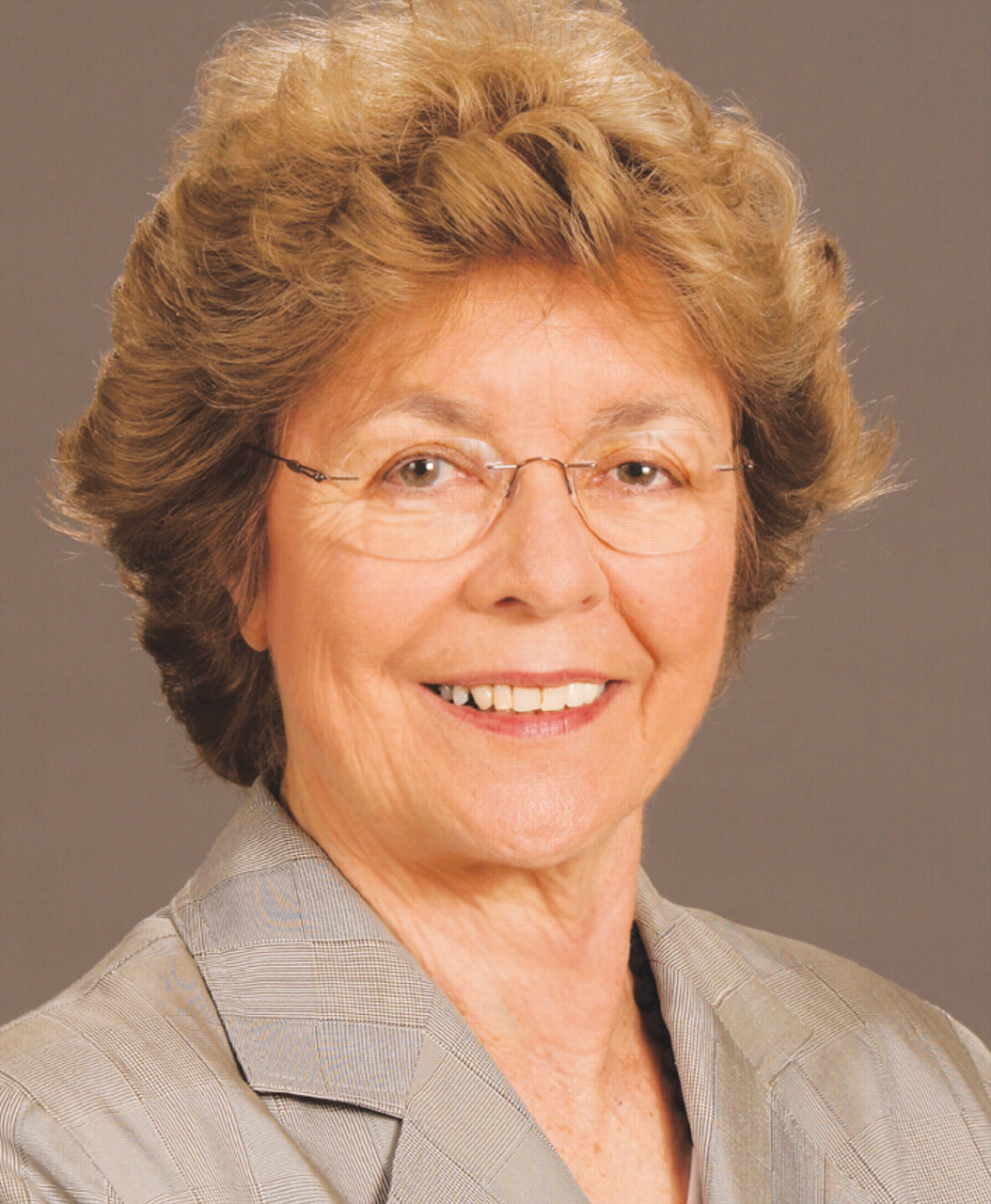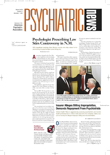The imperative behind APA’s requirement for dual membership in a district branch and the national organization appears enigmatic to some. When I talk to psychiatry residents about APA, encouraging them to become members and explaining the application process, I often hear the question, “Why do I need to join the district branch as well?” At the same time more seasoned members, immersed in the work of the district branch, question, “Why belong to APA? Why do we have the requirement of a dual membership?”
I had these questions about our organization’s structure in mind while waiting for a flight home after a recent meeting of the Board of Trustees (see
page 16). Browsing in the bookstore, I bought David McCullough’s Pulitzer Prize–winning biography,
John Adams. With a long flight ahead of me, isolated from e-mail, cell phone, and other means of communication, I spent the next six hours immersed in the history of the political developments establishing our country’s early government.
Back in the 1800s, the Federation of States joined together to fight for the right to be free and independent and end taxation without representation. Similarly, I realized, we in psychiatry have joined together to fight for the right to be free to make informed medical decisions about appropriate patient care and further our mission to advance education and champion new research. In today’s world of fiscal restraint, we want to be able to make these decisions unfettered by demands made by government and profit-maximizing third parties—a corollary to ending taxation without representation.
Forty years ago—in 1963—members of APA’s Assembly recognized the value of initiating and maintaining a strong relationship between the national APA and its regional district branches. Thus came the requirement for joint membership in APA and one’s DB. Do all specialty organizations have this requirement? Interestingly, the American College of Surgeons requires membership in the national office but not in the regional branches. We see it differently. We recognize that this is a two-way street. With organized participation and input from every district branch, we strengthen our national and state advocacy agendas directed toward maintaining the highest clinical and ethical standards of our profession. Today these agendas include advocacy for parity, an end to Medicare’s 50 percent copay, restoration of state Medicaid and public mental health program budget cuts, and increased funding for federal research and service budgets. We strive to educate the business community about the importance of employees’ access to comprehensive health care. The extraordinary human costs of the criminalization of the mentally ill deplete our fiscal resources and tear at the social fabric of our nation. Thus, political work needs to be done on the local and national levels to achieve our goals.
One of the reports presented at the Board of Trustees meeting noted that several of our district branches are in severe financial straits, with shaky infrastructures in danger of collapse. Appreciating the importance of sustained, dedicated grass-roots activity, the Board voted to provide emergency funds and appointed an ad hoc committee to survey the DBs, gain a comprehensive appreciation of the issues, and work toward solutions. In addition, the Florida, Hawaii, and Texas district branches presented proposals for funding to defeat psychologist-prescribing legislation, and the Board unanimously voted approval.
The national organization and DBs work synergistically. Representatives from each district branch work together throughout the year and convene semiannually at Assembly meetings to share with each other issues of universal importance, seeking fresh solutions.
Traveling the country, meeting with colleagues, and corresponding through e-mail and letters, I recognize that we are struggling with many similar matters. Medicaid and Medicare reimbursement, the deinstitutionalization of seriously ill patients without providing ancillary services, coping with fiduciary injustices inflicted by managed care, need for heightened cultural sensitivity, confidentiality, ethics, and medical necessity guidelines are some of the many considerations that directly impact on good patient care. These problems call for close national and local cooperation.
In 1774 John Adams wrote, “Government is nothing more than the combined force of society, or the united power of the multitude, for the peace, order, safety, good, and happiness of the people.” That is what our governance structure is working to accomplish. As Benjamin Rush, who is considered to be the father of American psychiatry, said in 1776 in his eloquent first speech to Congress, “The more a man aims at serving America, the more he serves his Colony. We have been too free with the word independence. We are dependent on each other—not totally independent states. . . . [W]hen I entered that door, I considered myself a citizen of America. . . .”
In a similar way, we in APA are all dependent upon each other. Standing together, united in our work and our message, we do make important things happen. ▪

